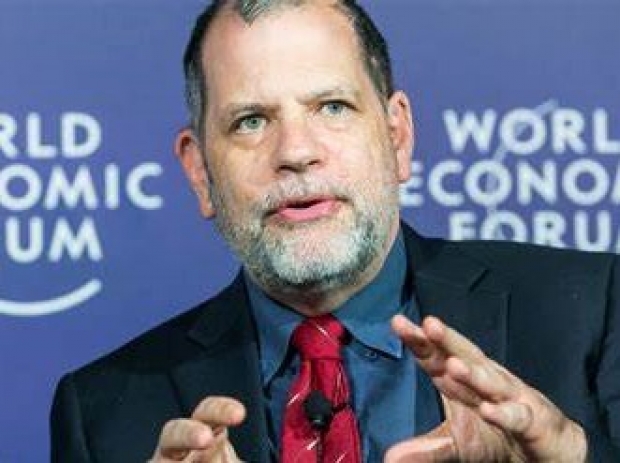Tyler Cowen warned that gaming is profoundly transforming culture and regulation and there is no going back.
He said that trading already takes place in games — involving currencies, markets, prices and contracts. Game creators and players set and enforce the rules, and it is harder for government regulators to play a central role.
One of the best ways to create a new economic institution, put it inside a game, or an app that gamifies share trading. He said it was possible to experiment with a new kind of stock exchange or security outside the purview of traditional government regulation.
Cowen warned that regulators were already falling behind. Just as gaming has outraced the world of culture, so will gaming outrace US regulatory capabilities, for a variety of reasons: encryption, the use of cryptocurrency, the difficulties of policing virtual realities, varying rules in foreign jurisdictions and, not incidentally, a lack of expertise among US regulators.
Both the culture-weakening and the regulation-weakening features of games follow from their one basic characteristic: They are self-contained worlds. Until now, human institutions and structures have depended on relatively open and overlapping networks of ideas. Gaming is carving up and privatizing those spaces. This shift is the big trend that hardly anyone — outside of gaming and crypto — is noticing.
If the much-heralded "metaverse" ever arrives, gaming will swallow many more institutions, or create countervailing versions of them, Cowan said.

